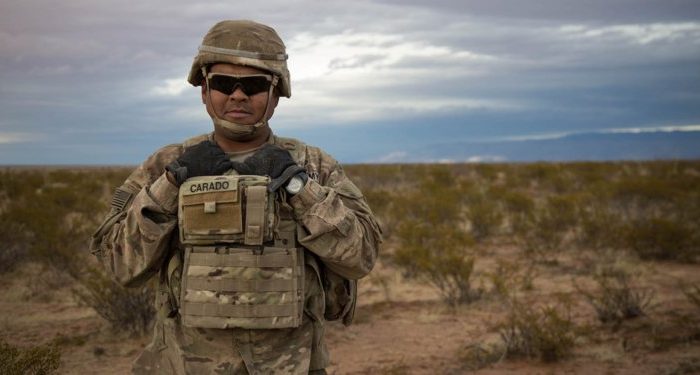Most individuals believe that a less-than-honorable discharge status from the military will result in the loss of military benefits. Benefits that could be revoked include healthcare, disability compensation, and educational assistance. Although most cases of a less-than-honorable discharge status do result in a revocation of military benefits, there are exceptions.
Some Department of Veterans Affairs workers are misinformed regarding the eligibility of benefits for individuals with less-than-honorable discharges.
The VA retains the right to make any less-than-honorable discharge a “character-of-discharge” that could potentially allow access to health care or other benefits if medical treatment or a disability compensation claim are requested. They will not consider the character of discharge until they receive a claim for benefits. The responsibility is on the veteran to initiate the case-by-case investigation.
By law, the VA is unable to grant entitlement to benefits if the reason for the veteran’s discharge constitutes a “statutory bar to benefits.” This occurs if the incident(s) that led to separation or discharge is any of the following:
- Sentence of a general court-martial
- Being a conscientious objector
- Desertion
- Resignation by an officer
- Absence without official leave for a continuous period of 180 days or more
- Requesting release from service as an alien during a period of hostilities
Military discharge status and what it means for your entitlement to VA benefits offers insight into the various types of discharge and what the status means for possible retention of benefits.
Honorable Discharge
The most common discharge characterization of service, an honorable discharge has been granted to over 85 percent of veterans. It makes a veteran eligible for all veterans benefits.
General Discharge Under Honorable Conditions
Although veterans who receive a general discharge under honorable conditions are entitled to all VA benefits, they are not eligible for GI Bill education benefits. General discharge means that your military performance was considered satisfactory.
Other Than Honorable (OTH) Discharge
OTH discharges are made administratively rather than through court-martial proceedings. This kind of discharge means you had some serious departures from the conduct and performance expected of a service member. The VA makes its own determination of eligibility after reviewing the incidents that led to the discharge.
Bad Conduct Discharge
A bad conduct discharge is a disciplinary discharge that is imposed by a court-martial, a criminal trial conducted by the military when there is a violation. A special court-martial is for less-serious conduct violations and the VA may still make a case-by-case determination of benefits. A general court-martial is for more serious violations, and the VA will be less likely to make a case-by-case determination of benefits.
Dishonorable Discharge
A dishonorable discharge is the worst discharge that can be received. It is usually reserved for veterans who have committed a serious offense such as desertion, rape, or murder. They are only issued if you are convicted at a general court-martial that calls for a dishonorable discharge as part of the sentence. This results in an immediate ineligibility of all VA benefits.
